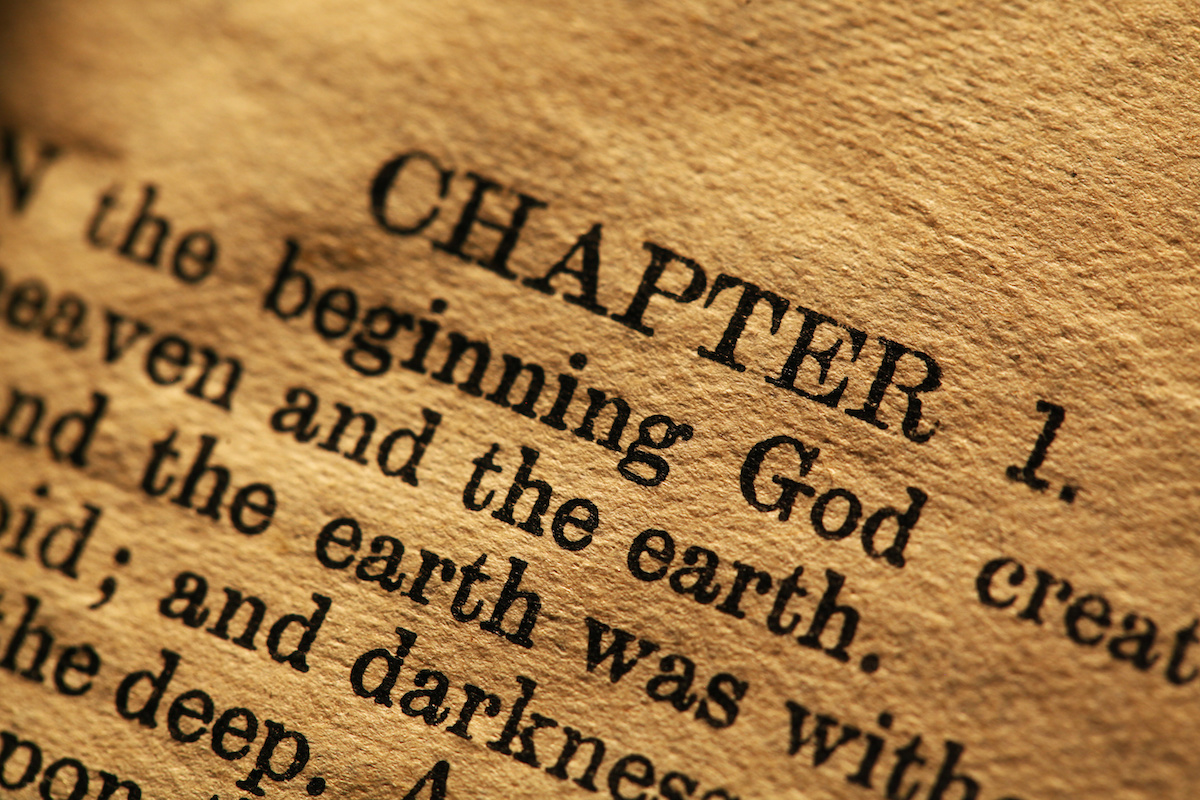“An Evolutionary Explanation for Unscientific Beliefs
written by Brandon Bretl
https://quillette.com/2020/01/13/an-evolutionary-explanation-for-unscientific-beliefs

Brandon Bretl is a research fellow and PhD candidate in the department of educational psychology at the University of Kansas. His current research is focused on explaining how political ideology and other cultural factors influence cognitive development during adolescence. You can follow him on Twitter @BrandonBretl
As it turns out, the theory of evolution by natural selection provides a strong explanation for how and why some people don’t believe evolution by natural selection has ever taken place. I initially thought the problem was a matter of knowledge and the standards people have for what constitutes knowledge, but eventually it became clear that holders of anti-scientific beliefs (from William Jennings Brian of the Scopes Monkey Trial to modern day conspiracy theorists) typically root their convictions in moral obligation.
To understand morality from an evolutionary point of view, one needs to realize that humans have always existed in groups. Often, these groups compete with one another, and this means group-level selection pressures have influenced individual traits, including psychological traits. For example, if two tribes come into conflict with one another, the tribe with members better able to cooperate will prevail. Thus, psychological phenomena such as empathy, concern for fairness and reciprocity, in-group loyalty, and respect for hierarchy have a selective advantage in contexts of group competition, and we immediately recognize the lack of these traits as psychopathy. In other words, most humans have innate tendencies that guide moral development—participating in fair exchanges and seeing moral violators punished are both inherently pleasurable, whereas witnessing injustice and suffering are inherently uncomfortable (just as sweet tastes are innately pleasurable and bitter tastes are innately aversive, even for infants).
Thus, what we consider moral and why we consider it moral are not arbitrary nor are they solely guided by social learning. Our moral intuitions are rooted in natural selection’s answers to social problems that have consistently arisen throughout our evolutionary past. Nonetheless, what we readily recognize as moral is dependent on a wide range of conceptual abilities that must be flexible enough to adapt to cultural contexts and be utilized correctly in specific social circumstances (for instance, empathy for an in-group member’s loss but pleasure in an enemy’s loss), so a significant part of our moral intuitions are dependent on learning and social experience as well.
(…)
Prior to science and accurate causal models for natural phenomena, cultures themselves evolved through trial and error, relying on superstition, myth, and tradition to perpetuate survival-enhancing knowledge and skills. In such circumstances, an ability to override rational thoughts in favor of conformity could have a reproductive benefit. We can see evidence of such conformity biases in neuroimaging studies—when participants change their opinions to match with others, the part of the brain involved in feelings of pleasure and happiness becomes more active. We’re also more likely to imitate and learn from high-prestige individuals, which is why high-prestige individuals are paid so much to market products (a phenomenon known as the “prestige effect”). Finally, in the most extreme cases, high-emotional arousal can completely shut down a person’s rational faculties.
(…)
If you doubt that these psychological mechanisms exist, try using evidence to convince a creationist that evolution by natural selection occurs or a climate change denier that human-induced climate change is real, or a die-hard Cowboys fan that the Green Bay Packers are a better football team. Most likely you already have tried something like this, and you know very well that it is futile, enraging, and sometimes even traumatic.
(…)
Appeals will be made to moral foundations such as care, harm, justice, respect for authority, in-group loyalty, cleanliness, purity, or sanctity, either implicitly or explicitly. It is this moral framing that stimulates the emotional response, not the other way around; and this moral framing is designed to take advantage of some of our most deeply evolved psychological traits.”
